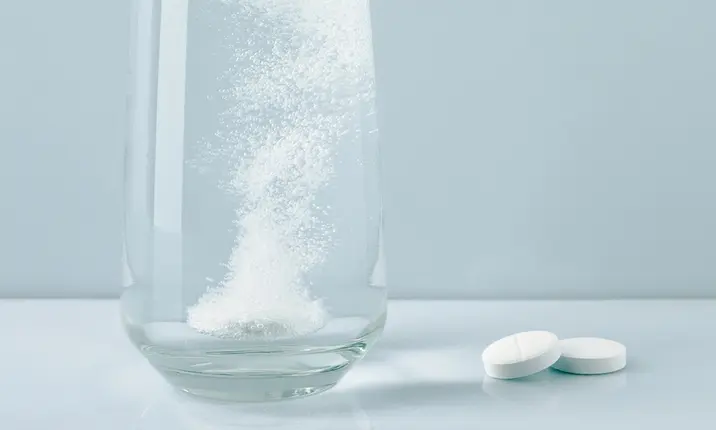Indigestion, also known as dyspepsia, is one of the most common digestive disorders faced by family physicians and specialists alike. Connected to the symptom is a range of possible health conditions ranging from the innocuous to the sinister. Here are some self-help tips to deal with indigestion!
You can also speak to a specialist to discuss your stomach problems.
What causes indigestion?
The digestion process in the stomach involves food being softened through the contraction action of the stomach wall and through mixing with gastric juice. The food is then delivered into the small intestine for the next phase of digestion. About half of a solid meal will leave the stomach within 2 hours.
A delay in the stomach-emptying process will result in food and air to remain in the stomach and the resultant stretching of stomach wall gives rise to the sensation of indigestion.
Factors that may result in indigestion include ingesting too large a meal, and ingesting foods that slow down stomach-emptying such as oily foods, fried foods and caffeine-rich beverages. In addition, some medical conditions can cause symptoms of indigestion and heartburn.
A common condition is functional dyspepsia, in which no known cause can be found for the symptoms. It is often associated with taking certain medications, as well as medical conditions such as diabetes and anxiety.
Gastritis, which is an inflammation of the lining of the stomach, may result from hyperacidity (commonly associated with irregular meals, a hectic lifestyle and stress) or caused by a bacteria called Helicobacter pylori. More serious conditions such as gastric cancers can also show similar symptoms.
When should I seek medical attention?
If you are suffering from indigestion, should you relieve it with simple remedies or consult a doctor? Medical consultation is necessary if you start seeing more alarming signs that may indicate an underlying health problem. The signs are:
- Loss of weight
- Discomfort or pain extending to the back
- Discomfort during swallowing
- Symptoms persisting for more than 2 weeks
- Recurring symptoms in a person above the age of 40
Simple measures and remedies to combat indigestion
In the absence of the above symptoms, you can try simple remedies to treat indigestion. These include over-the-counter medications such as antacids and suppressors of acid production such as ranitidine. Antacids neutralise acid and has a compound that helps relieve gastric distension. Ranitidine blocks acid production and allows healing of an inflamed stomach lining.
Helpful lifestyle measures include having regular mealtimes and avoiding large meals, oily and fried foods, caffeine-rich beverages and alcohol. Peppermint tea and ginger tea often provide relief from gastric distension. However, peppermint tea should be avoided if there is an associated acid reflux, as drinking peppermint tea may worsen the acid reflux.
In conclusion, indigestion is a common symptom encountered by many individuals. Isolated episodes are usually harmless and can be treated with simple remedies. However, if you have recurring or persistent symptoms and are over the age of 40, consult a doctor immediately, as a more serious disorder may be lurking behind this common problem.















